Hi again guys, it’s me Yasmin writing for my last blog as Uppsala Student Ambassador (yes, unfortunately). I wrote this blog on Sunday, May 26th, 2024 which is also correspondence with 1 more week before my final thesis submission and graduate at the end of May which mark the end of my journey as a Uppsala Student. I am stressed with the thesis, yet I took a little bit of break writing this to reflect on my overall journey here as non EU/EEU international student in Uppsala University.
My purpose with this blog is to give you insights on some of my regrets on what and how I could have done better or planned better when you have less than 1 year left as a Uppsala student. This blog is intended for fellow or future students about things you may need to be aware of beforehand and make the best of your time with such limited time, especially as an international student.
Time surely goes by fast especially since I studied Master of Entrepreneurship which is only a 1-year program instead of 2 years here in Uppsala. Ironically, here in Sweden most of the 1-year program doesn’t last for full 12 months, but officially only for around 10 months (August-May). Even our residence permit ends just two weeks after we finish the program. Therefore, I cannot even extend my stay until the summer here in Sweden to experience the iconic Swedish midsummer tradition. Even for people who study for 2 years in Uppsala, the time when your student residence permit ends will come eventually. For most cases, it will end around June.
Therefore, here are some of regrets, suggestions, and things I wish I could have done better:
Apply residence permit / coordination number (for 1 year) as soon as possible
As you may have heard this is important for everyone living in Sweden to get access to insurance and also get back account. Gather info as early as you can before you come to Sweden and during your first month, you go apply. I regret that I procrastinated on doing this since I only could apply for a coordination number, didn’t know that it was actually possible for people without personal numbers to create a Swedish bank account with a coordination number. You can only officially apply it once you are in Uppsala, it may take up to 1 month to get your number, only then you could apply a bank registration which will take another 1-3 months.
Network and be as social as possible during the first 2 months in Uppsala
Making friends and networking is crucial during your study abroad. It what makes the whole journey special and more valuable on top of your study. You never know what the network and good relationships will people might bring you in the far future. So, the first 2 months in Uppsala is usually filled with many opening ceremonies for international students coming from the faculty, the nations, and lots of student community.
This is the best period to explore and mingle with diverse people from around the world! The weather would also be nice when the late summer-early autumn still lets people to party and travel a lot. The classes are also still considered light at the beginning of the semester. So you could put more priority on socializing during this period. The reality is, for some people, getting to know new friends by themselves might be difficult. Therefore, the help of some networking events and parties happening a lot around this time will give you a plethora of opportunities to meet with people you resonate with! Nations exist for that reason. Everyone was super open and in the same spirit of networking during that period.
I regret not doing this networking more often during my first semester as I was focused more on my studies and searching for internship opportunities for my second semester. Even when I did, I only focused on things that related to my subject / my interest. I did not let myself to go out of my comfort zone and explore more things around to meet more diverse people. I did not even join the nation since I thought it would be a waste for me since I’m only here for less than 1 year anyway and I spent most of my 2nd semester doing part-time work and thesis already.
If you planning to get an internship for spring/summer, start looking early!
The Swedish internship job market isn’t necessarily easy to get I tell you. Especially for international students, your best bet would be to work in a startup or small company that is more open to international students. Although some big Swedish companies may also have some openings, the problem would be that the competition will be much higher. Not to mention some companies still prefer their talent to speak Swedish as a plus point. Some course program has an internship as one of their credits as an elective, some don’t.
Therefore, consider to actively looking for opportunities starting from 3-2 months before your internship credit / preferred time. This can be done by actively searching via LinkedIn, the Career at UU portal, or even getting some opportunity via networking in Sweden. In most cases, companies hire talent on a first come basis, therefore make sure you apply early, update your CV, and stand out from the crowd! Make use of the Uppsala career help team to get tips on understanding the Swedish company and industry better as there might be some unique insights you can utilize to help your application journey.
This also goes to if you plan on doing a thesis in a company setting. It is common for companies to advertise on Linked In about looking for thesis internship talent where you can apply for your thesis topic if you want to. Again, the timing may vary a lot so keep aware of it.
Travel as much as you can!
Having a Swedish residence permit means that you are eligible to travel around EU Schengen countries so make sure you don’t miss any opportunity to travel! Plan ahead would save you a lot of money. There are also many budget airline options to travel around countries, or train and busses options if you fancy trying it out. You will be surprised how cheap it can get to travel around Europe, so make sure you browse appropriate tickets and accommodations. Most of these countries are enough to be explored in a 1-2 day setting, so you can consider planning some travel during normal or long weekends and put the longer travel plan on winter holidays.
I did travel a lot in the span of 10 months, my suggestion is to travel during the low season of autumn (Example: Germany, Netherlands, France), travel to a warmer country during winter like Spain / Italy to cure your winter depression (haha) or go challenge yourself to the Arctic Circle city like Kiruna or Tromso in Norway during the winter season and try some winter sports like skiing! Try to explore the eastern and Balkan countries also on your list! Keep in mind that starting from April, the ticket price will gradually rise. (So prioritize a more expensive country first in your list, if you want)
However, I do regret that I did not travel to Sweden enough for the entire period when I could have done so! UL region is so big with lots of small cities around, so make sure you utilize the monthly bus ticket to explore more Swedish UL cities. You most likely subscribe to a bus during winter time.
Have a clear goal of what’s after graduating
We know that most of us already have some plans after graduation, but the reality is, once you step in Sweden and dive into the routines, and get exposed more to practical implications, you may need to reevaluate again your plan after graduation. Ideally, you need to start seriously thinking about it after your first 3 months of studying and getting to know how things work in your field.
Decide on this “Do you consider going back home, or do you want to stay and continue to work in Sweden?” For people who are firm that they would continue giving impact back home, things may be simpler. However, if you want to continue your journey in Sweden then you need to seriously make a thorough plan during your stay in Sweden especially when you have limited privileges as an international student. The earlier is of course the better plan it will be
Be aware of the immigration policy/rules for your next plan!
You should always check on Migrationsverket on the rules that apply to you when you need to extend your residence permit due to studies, or changing your permit after graduation into job seeking visa, or even the job permit visa and understand every consequence that it has (documents and financial wise). Therefore, you may need to prepare around 1-2 months before your student permit ends if you want to stay in Sweden after graduation. Be resourceful, ask the relevant source, share the info to others, keep up to date.
Make sure to have great memories with your friends!
Last thing, make sure to spend more times with your friends at the end of the period. Not all people stay in Uppsala and Sweden in general after graduation, keep in touch with everyone and make sure to have lasting memories together to make your summer time more meaningful~ I regret to not having enough time to do with more of my friends, but hey at least I tried and we ended our journey with good remarks
Hope these things bring you insights in a way~ I’m grateful for whatever the time I had in Uppsala despite it being less than 1 year. (I am planning to go back to Indonesia due to some personal reason and career). Thank you for all the memories and friend that I will cherish forever!
Yasmin signing out from Uppsala, May 2024!


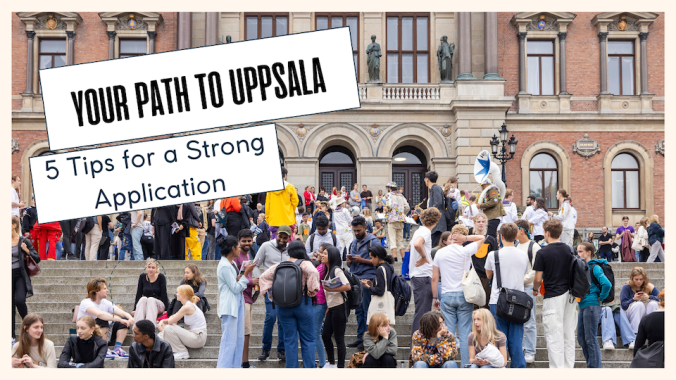
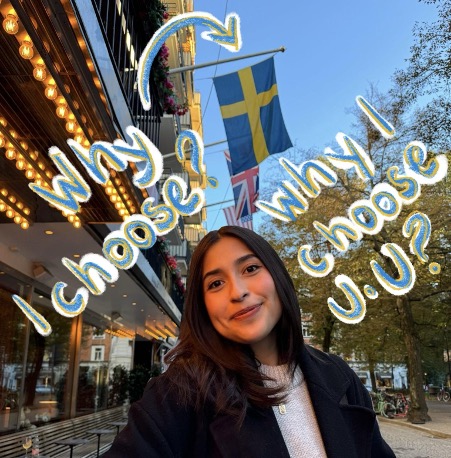
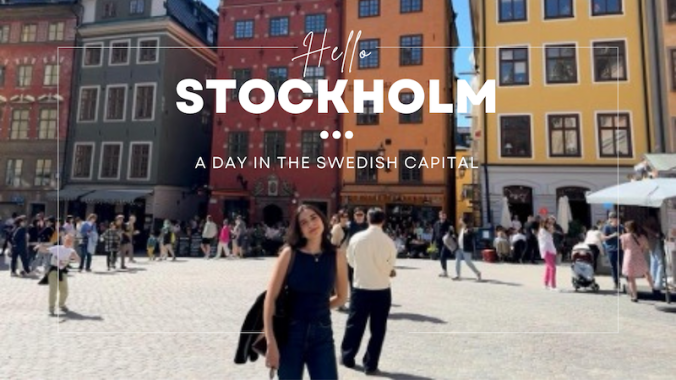
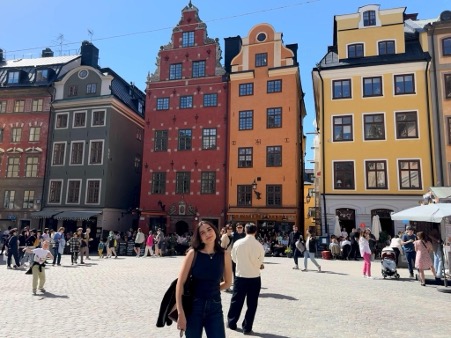
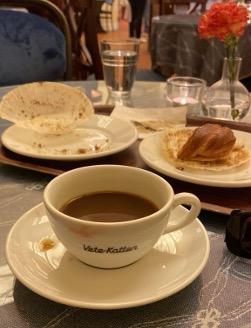
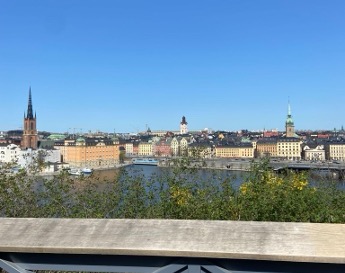

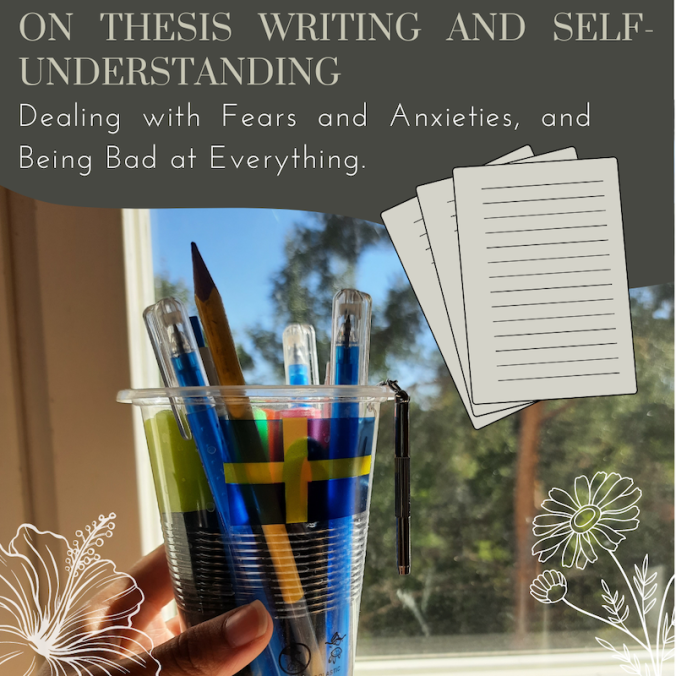
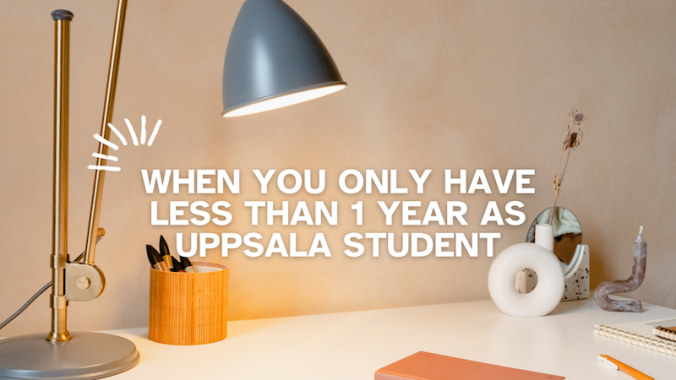

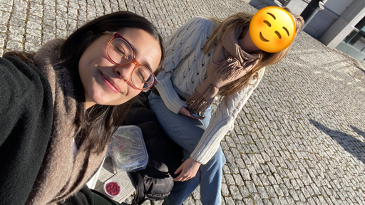
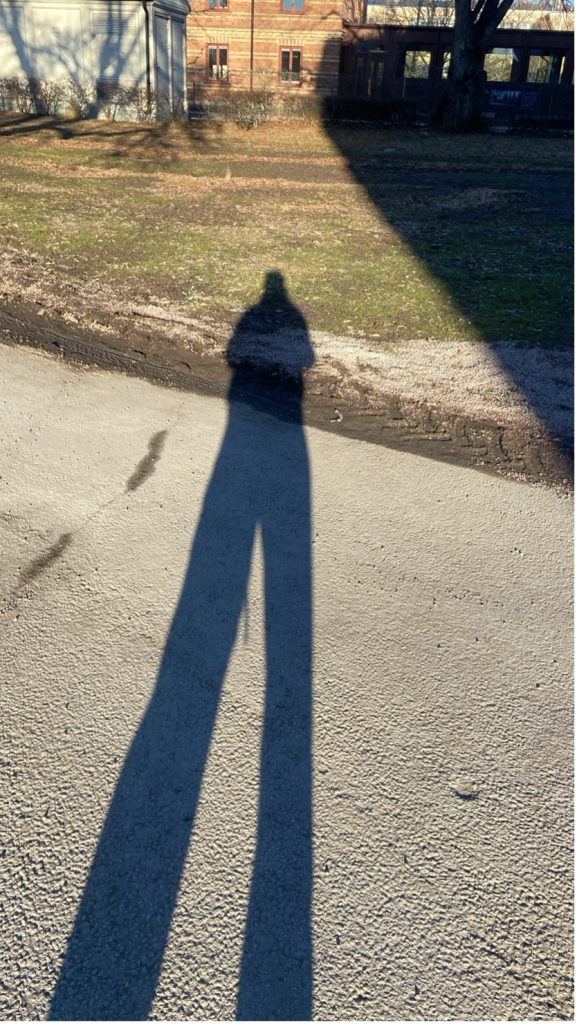
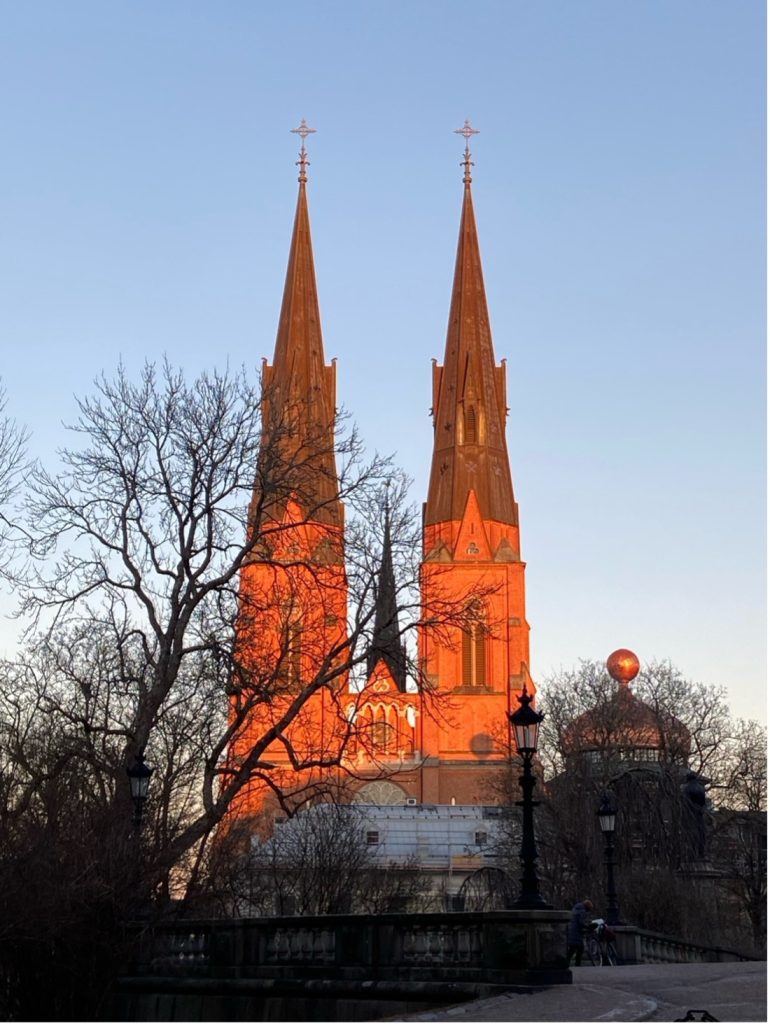
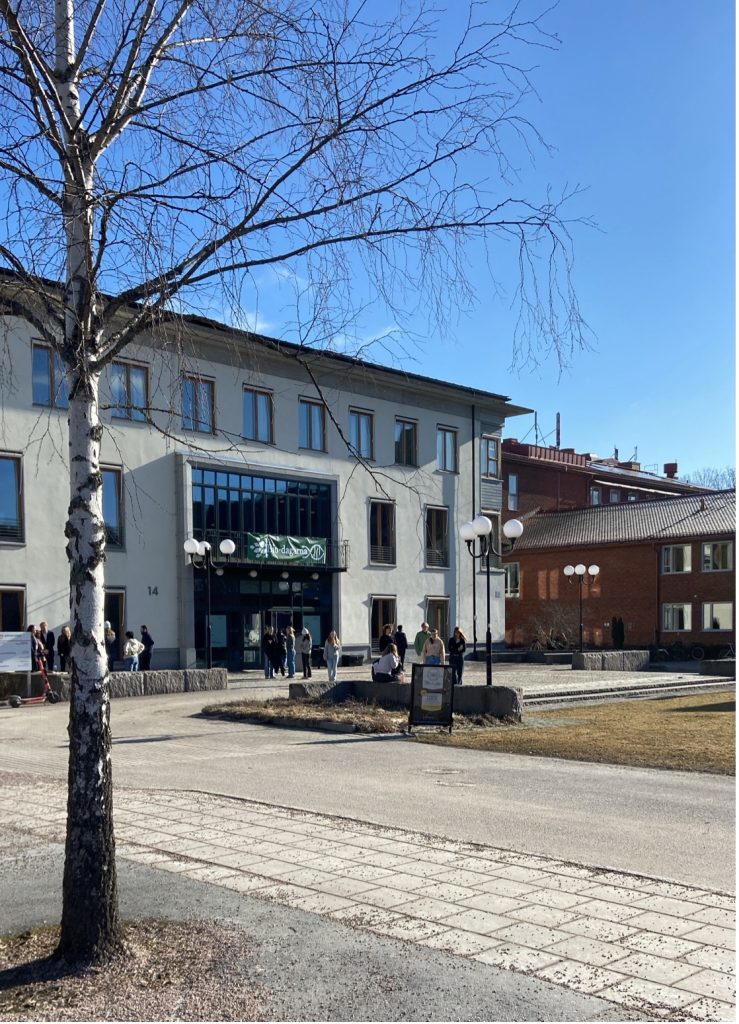
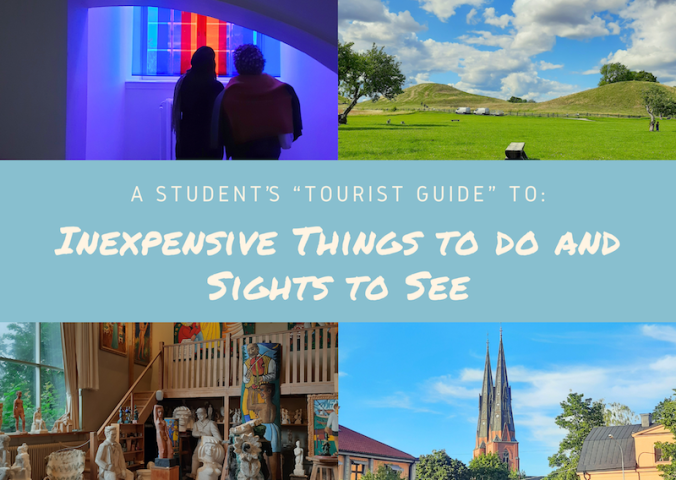
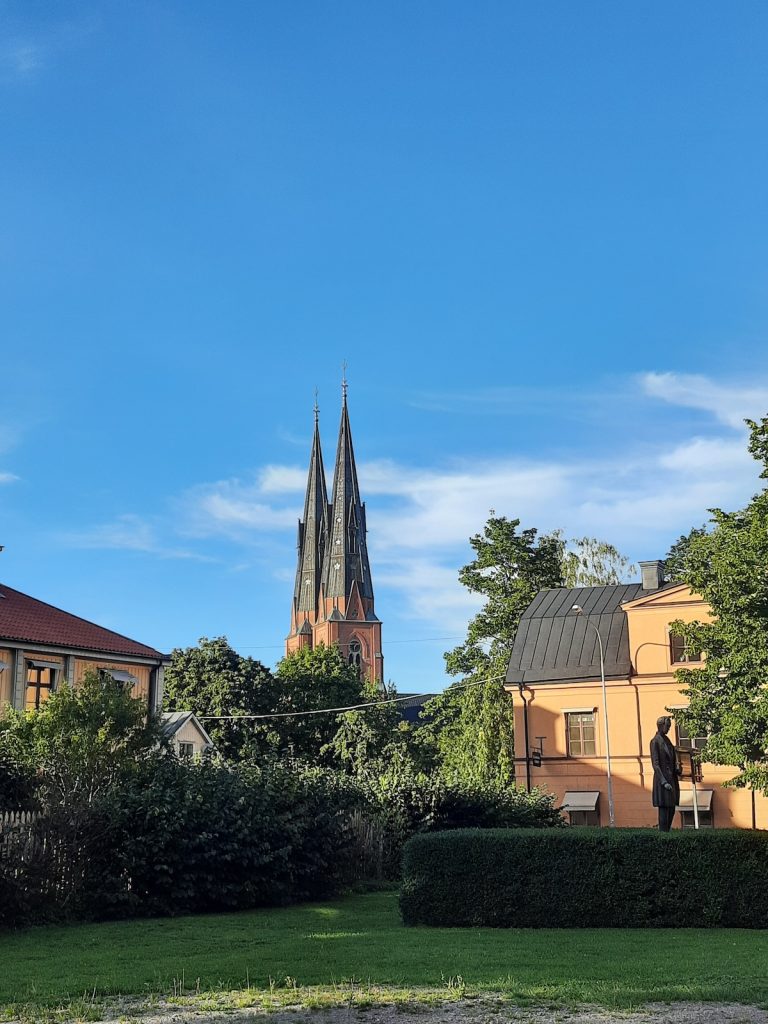
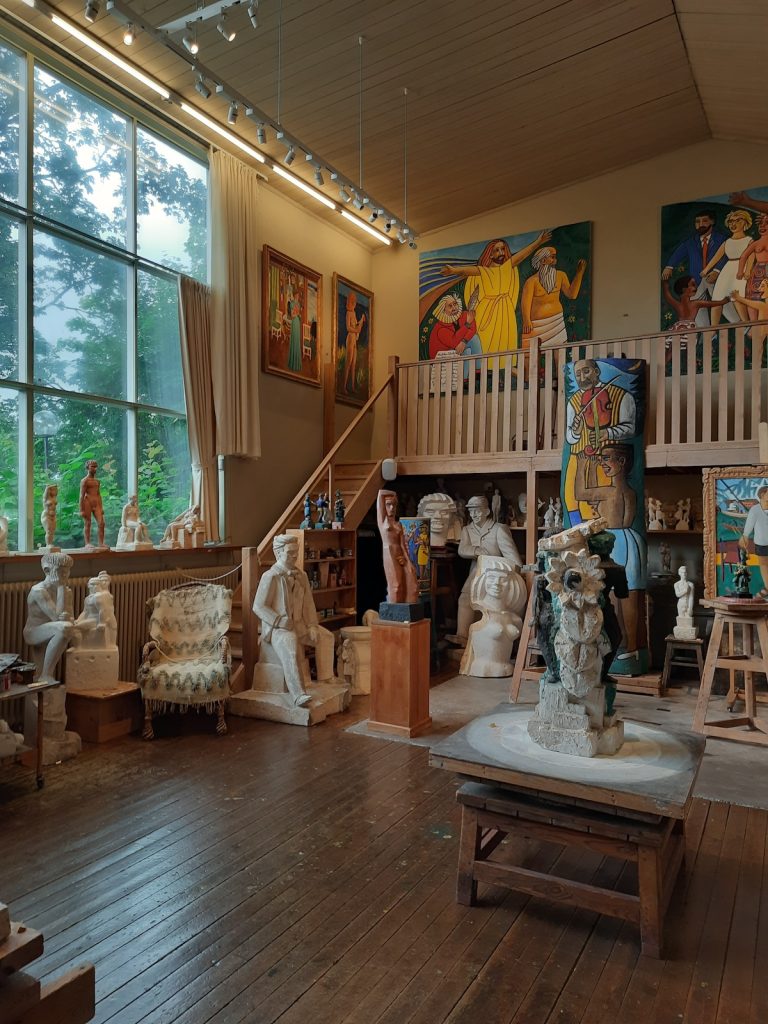
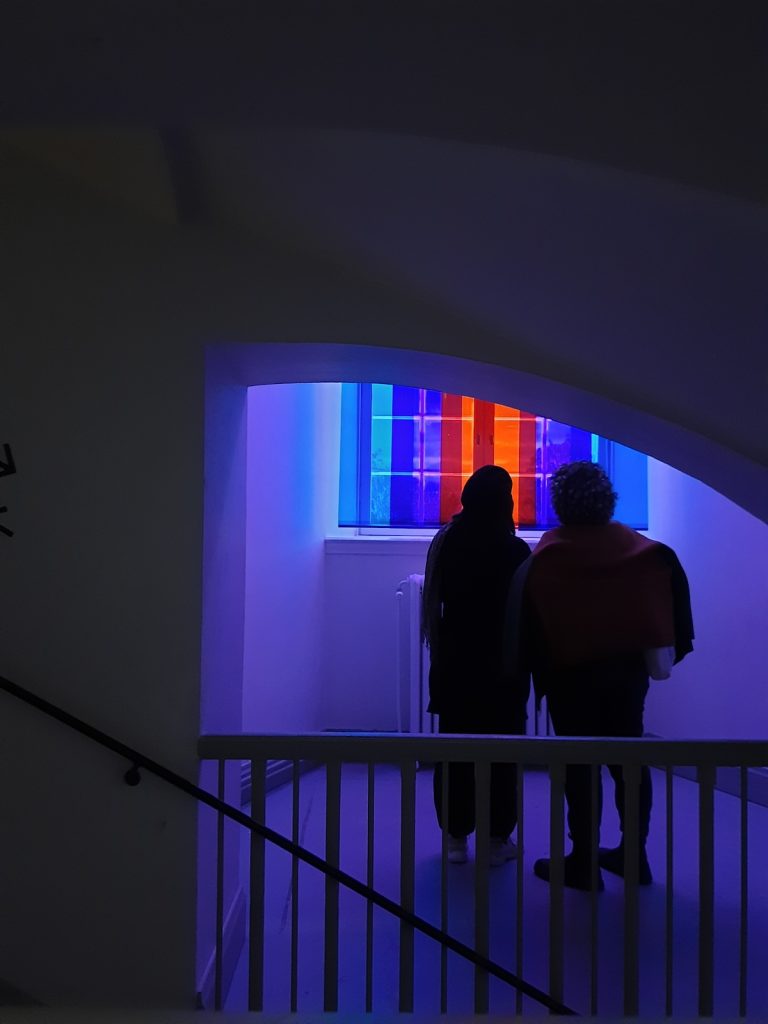
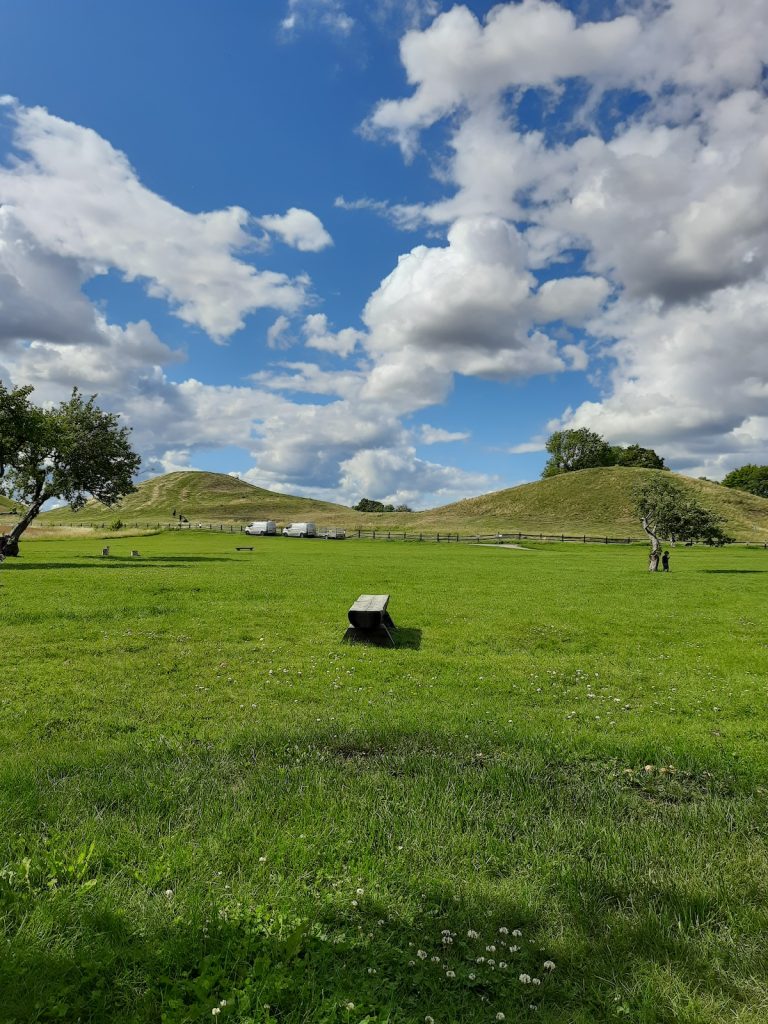
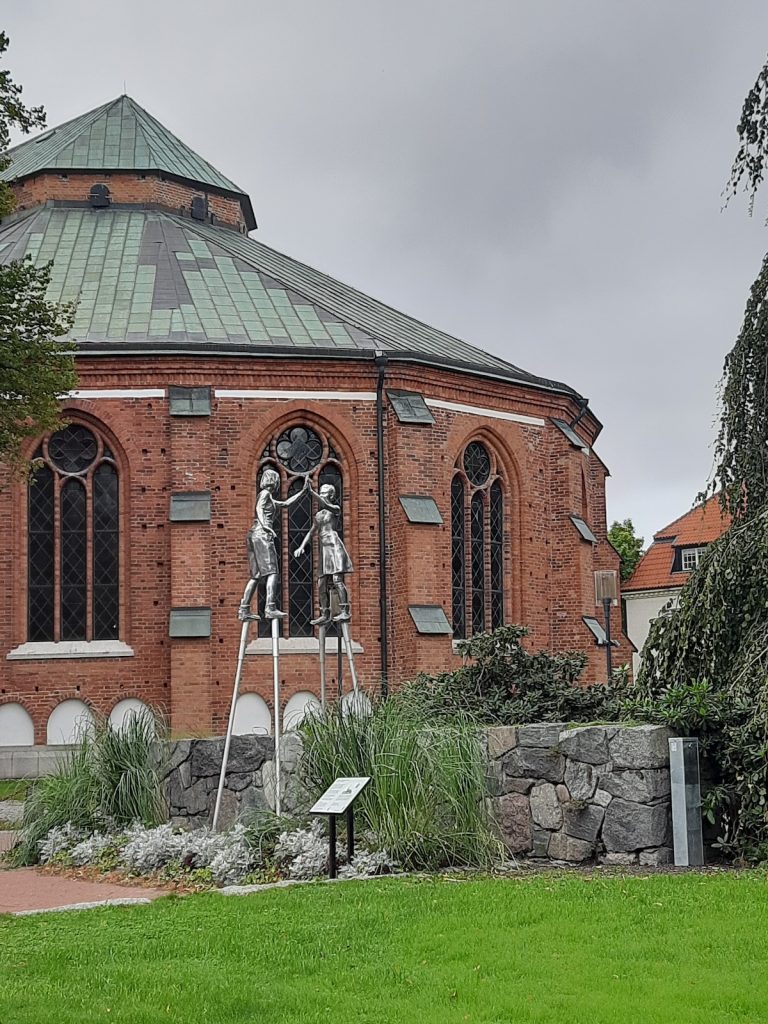
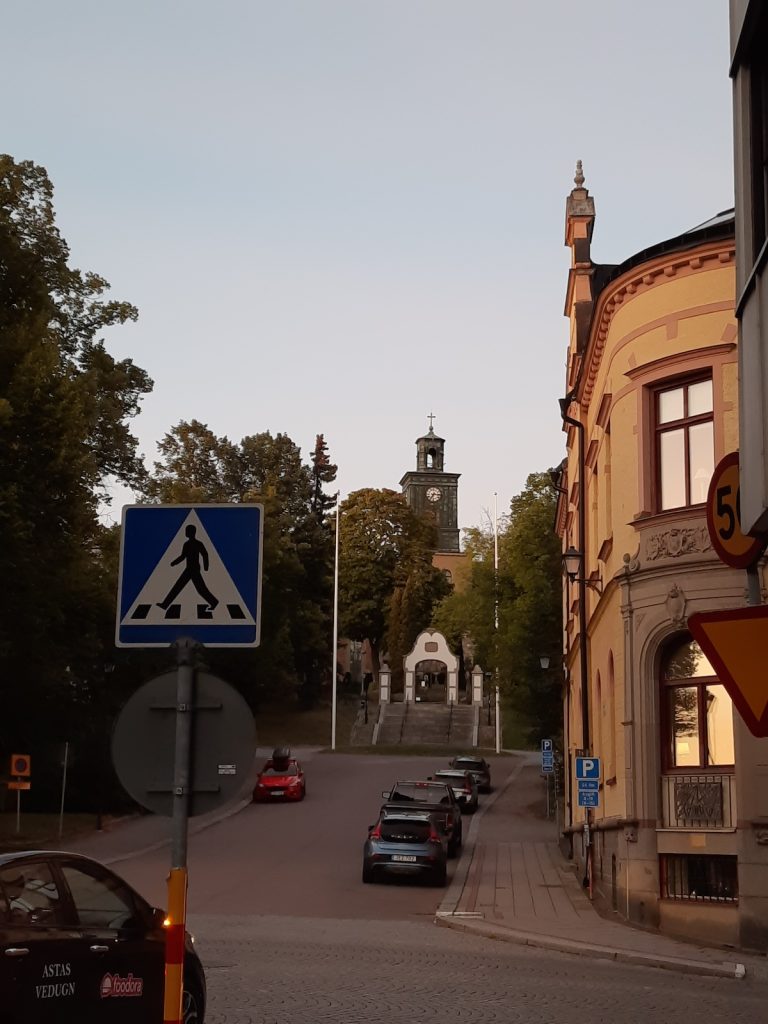

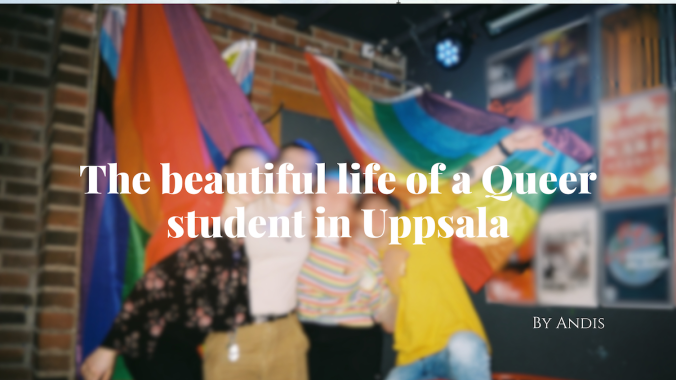
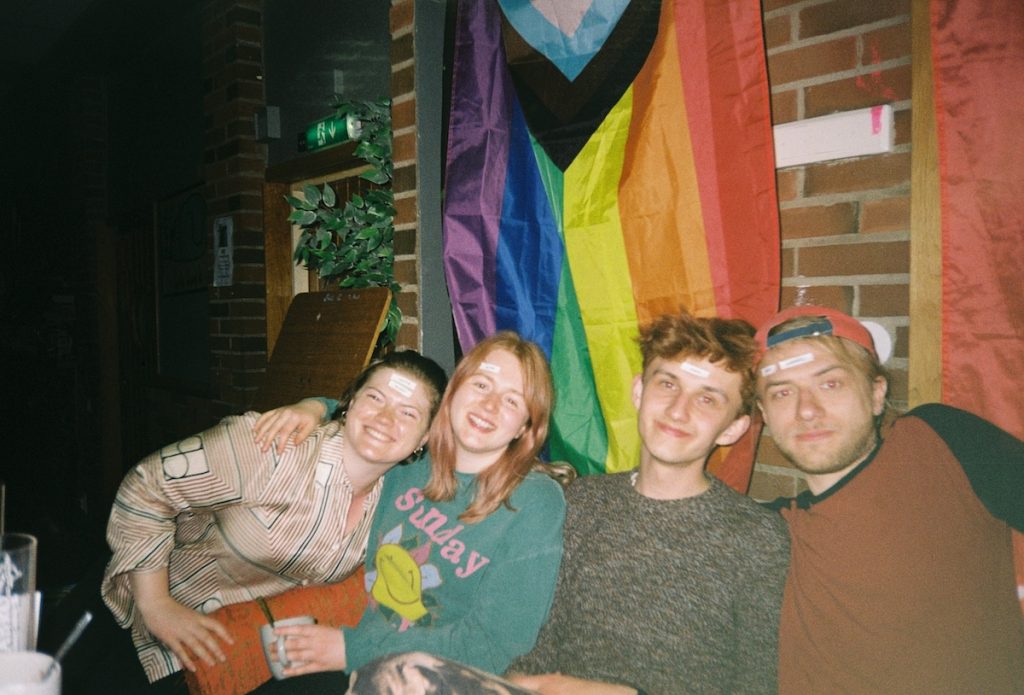
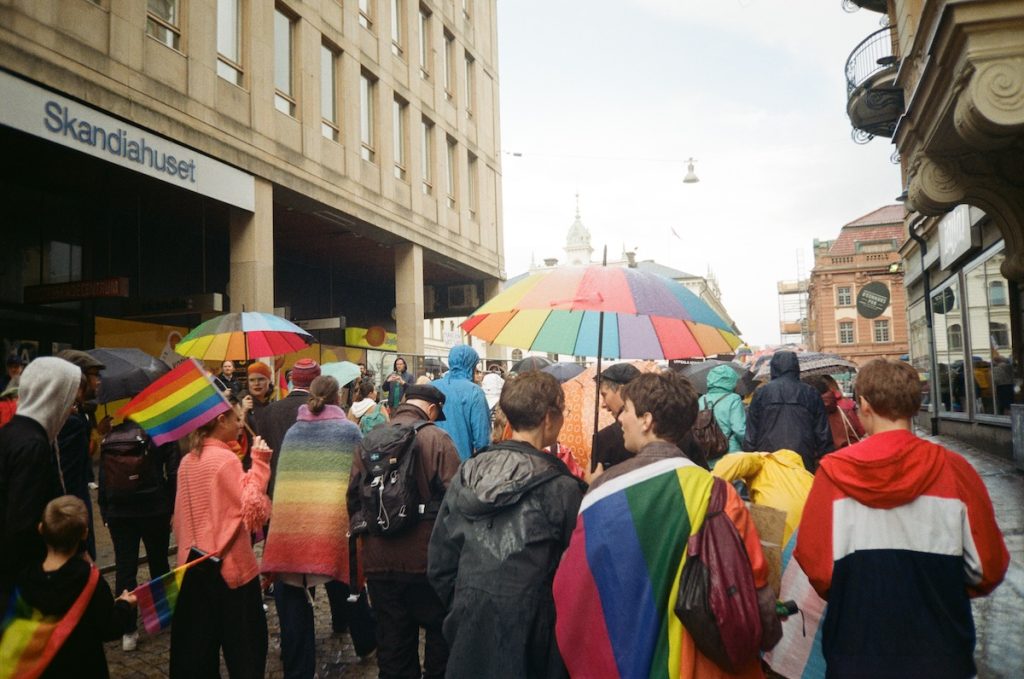
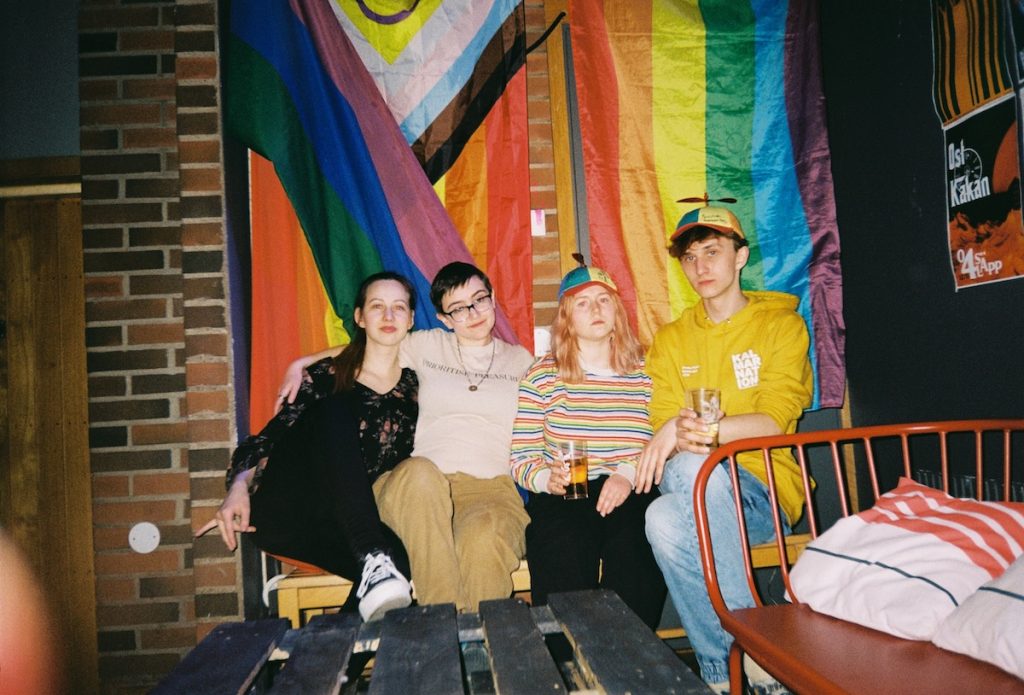
Recent Comments